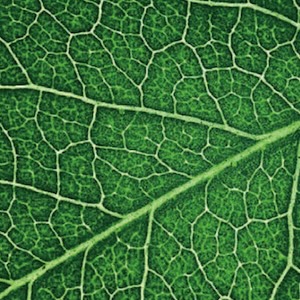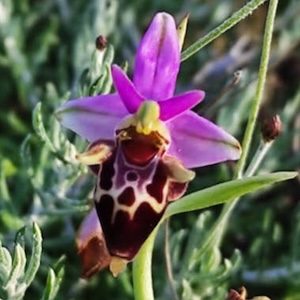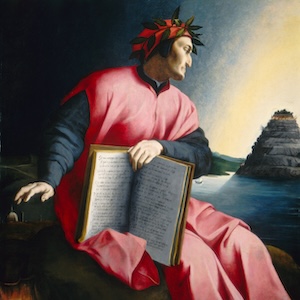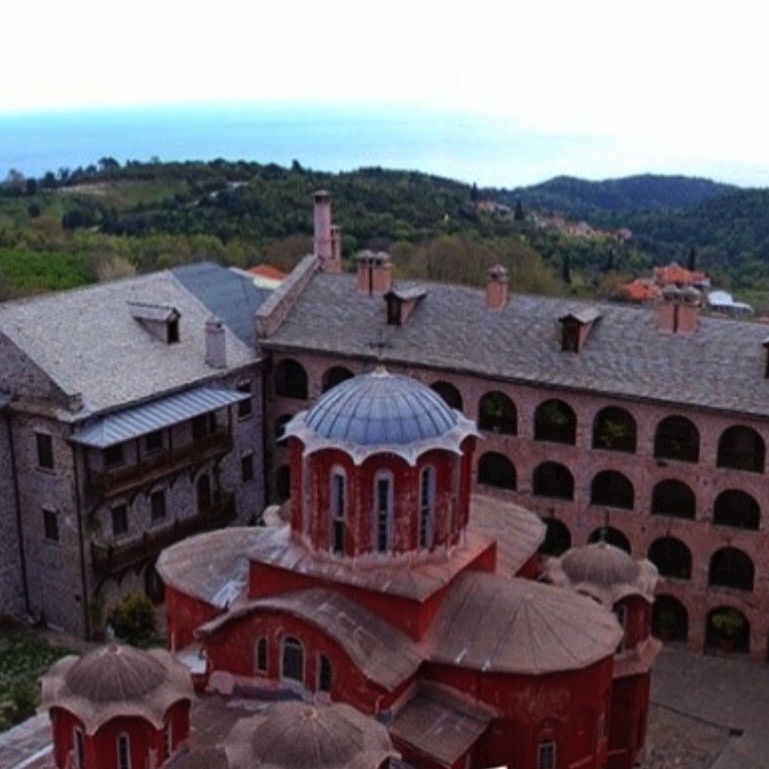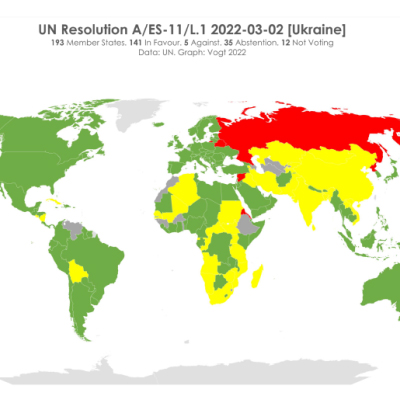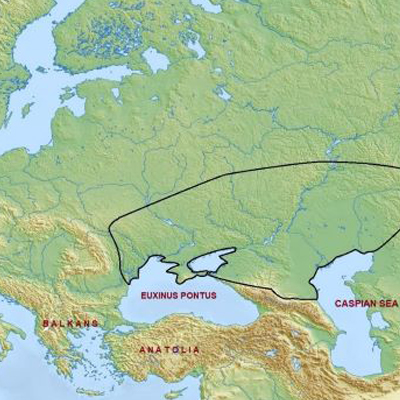Academic Engagement
Productive academic work involves engagement with society and assessment of historical trends. EASA members are encouraged to submit papers in this category that includes Perspectives, Inaugural Articles, or Historical context.
Perspectives may identify a critical science problem, provide a state-of-the-art assessment, and offer new insights or a new approach to its resolution. Perspectives may help contextualize findings within a field or add a new dimension to previously published research. Current advances and novel insights are encouraged.
Inaugural Articles may be submitted by newly elected EASA members as a way to introduce themselves to the readers of PEASA and may present new ideas or hypotheses or describe the historical development of the member’s field.
Historical context may come from members of our academy, who in many cases have participated in scientific developments of high historical value. Submissions in this category benefit from ‘witness testimonials’ describing important scientific developments and in relation to current understanding. Non-members, who wish to submit in this category, are encouraged to contact the Editor-in-Chief.
-
Epistemological and ontological dualities as a challenge for a holistic modernity
1009PDF: 270HTML: 115 -
-



